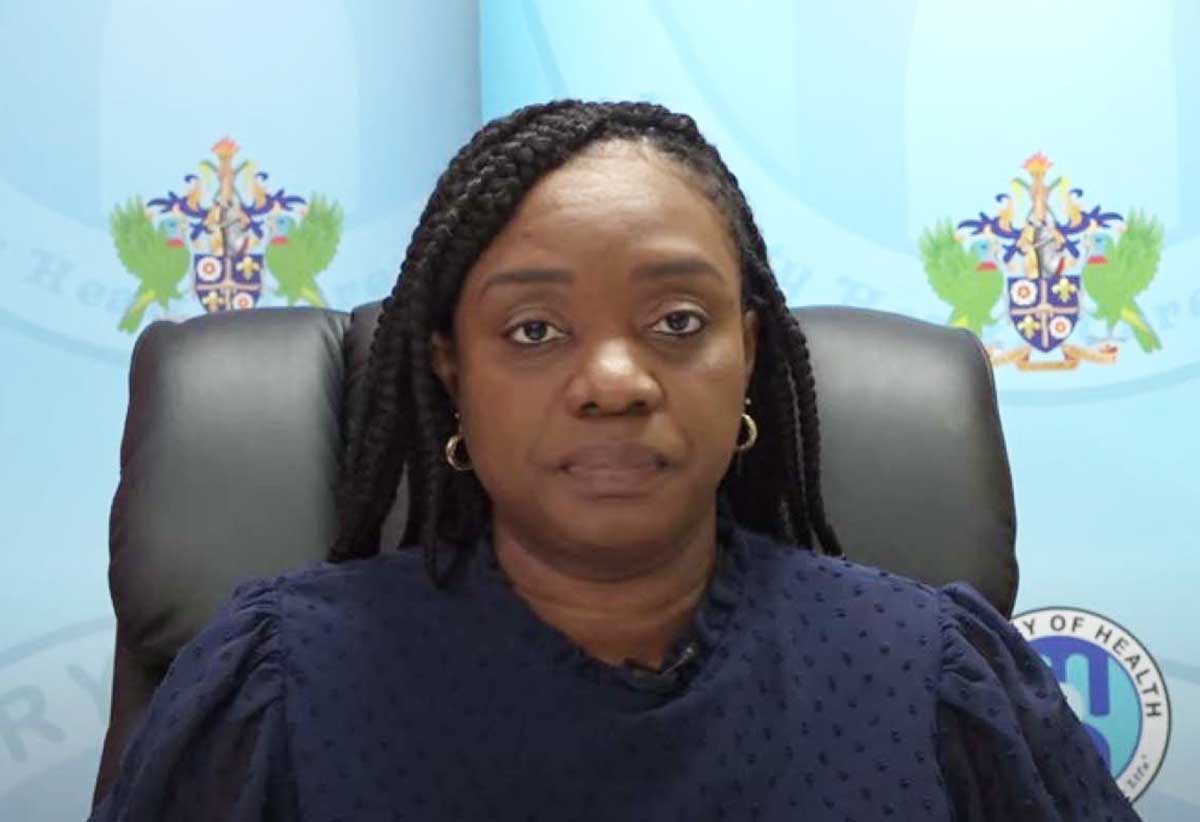
On May 10, 2024, a case of measles was reported in the Caribbean. This is the first measles case in the region since 2019. As the island prepares for the increased visitor arrivals for the Men’s T20 ICC Cricket World Cup matches and the anticipated carnival celebrations, the Ministry of Health, Wellness and Elderly Affairs remains vigilant of the outbreaks in many of the countries globally.
Measles is considered one of the most contagious diseases in the world, meaning that it is very easily spread when an infected person talks, coughs or sneezes. One infected individual can infect almost 90% of their close contacts.
Being vaccinated is the best way to prevent getting sick with measles or spreading it to other people. According to the World Health Organization, prior to the introduction of the measles vaccine in 1963, there was an estimated 2.6 million deaths annually. The vaccine is considered a safe and effective method of helping your body fight off the virus. Between 2000 and 2022, an estimated 57 million measles deaths were avoided through the introduction of immunization activities targeting measles and rubella.
During the COVID-19 pandemic, there was a notable disruption in both immunization programs and surveillance activities for vaccine-preventable diseases. As a result of this, in 2022, an estimated 136 000 people died from measles and in 2023, the world recorded a 79% increase in new cases of measles compared to the previous year.
Signs and symptoms of measles usually appear between 10 and 12 days after exposure to an infected individual, but in some individuals, it may take as many as 21 days to develop. Symptoms may be similar to that of the common cold and include fever, cough, runny nose and conjunctivitis, also known as pink eye. People may also develop whitish spots inside their mouths, followed by a rash, which starts on the face and spreads to the entire body.
It is very important to note that an individual can spread measles even before the rash appears; in fact the infection can spread up to 4 days before the rash appears and as many as 4 days after the rash develops. The virus remains active and contagious in the air or on infected surfaces for up to two hours. Anyone who is not immune to measles can therefore get infected with the virus. Unvaccinated young children and pregnant women have the highest risk of developing severe complications such as blindness, brain and lung infections.
Saint Lucia has not recorded a measles case in over two (2) decades. The immunization coverage for the two doses of mumps, measles and rubella vaccines (MMR1 and MMR2) for 2023 however were 85% and 83% respectively. This means that a large enough proportion of the population has not become immune to measles in order to protect the most vulnerable.
The highly contagious nature of measles, combined with low vaccine coverage and the possibility of unvaccinated travelers from areas with higher incidence means that there is a high chance of introduction of measles to our island.
The Ministry of Health, Wellness and Elderly Affairs, in preparation for the upcoming mass gatherings has undertaken a series of activities to improve vaccination coverage and strengthen surveillance and response capacity.
These include:
– Bringing the vaccine to those who need it. Teams from the Ministry of Health are on the ground in areas with low vaccination coverage to encourage and facilitate vaccination to those who have not been vaccinated or have missed doses of any vaccines.
– An adequate stock of vaccines is being maintained in the event of the introduction of a case of measles or any other vaccine-preventable disease.
– We recognize that a case of measles will most likely be introduced at one of our designated ports of entry. The Ministry of Health has recently completed Standard Operating Procedures (SOPs) for the Ports of Entry and will be engaging all of our stakeholders to familiarize them to their roles and responsibilities, reporting mechanisms and ways of detecting and protecting themselves and the public against infectious diseases.
– Surveillance is also being heightened to contain this threat. Training and sensitization for healthcare providers is ongoing; this includes reporting of all cases presenting with fever and rash and case investigations will also be done for all such cases.
– Isolation facilities will be identified to restrict transmission of the virus from infected persons to their close contacts.
– The Ministry of Health recognizes the role that you the public play in assisting in early case detection and prevention.
We therefore seek your assistance in promptly reporting any suspected cases at home or in your community to the Ministry of Health or to your nearest Wellness Centre. If you or any family member is suspected of having measles, it is important to avoid going to school or work until a healthcare professional has given clearance. Remember, getting vaccinated is the best way to avoid getting sick with measles or spreading it to other people. The MMR vaccine is available at all of the Wellness Centres on island at no cost to the public.
The Ministry of Health, Wellness and Elderly Affairs remains vigilant and will continue to provide updates to the public as needed. – Statement by Dr. Michelle Francois, National Epidemiologist.





![Attendees at the UHC logo and website launch [Photo credit: GOSL]](https://thevoiceslu.com/wp-content/uploads/2026/02/Attendees-at-the-UHC-logo-and-website-launch-380x250.jpg)






![Remnants of an alleged drug boat blown up in a lethal strike by the U.S. military last week surfaced off Canouan on Saturday [Photo credit : St Vincent Times]](https://thevoiceslu.com/wp-content/uploads/2026/02/Remnants-of-an-alleged-drug-boat-blown-up-380x250.jpg)
